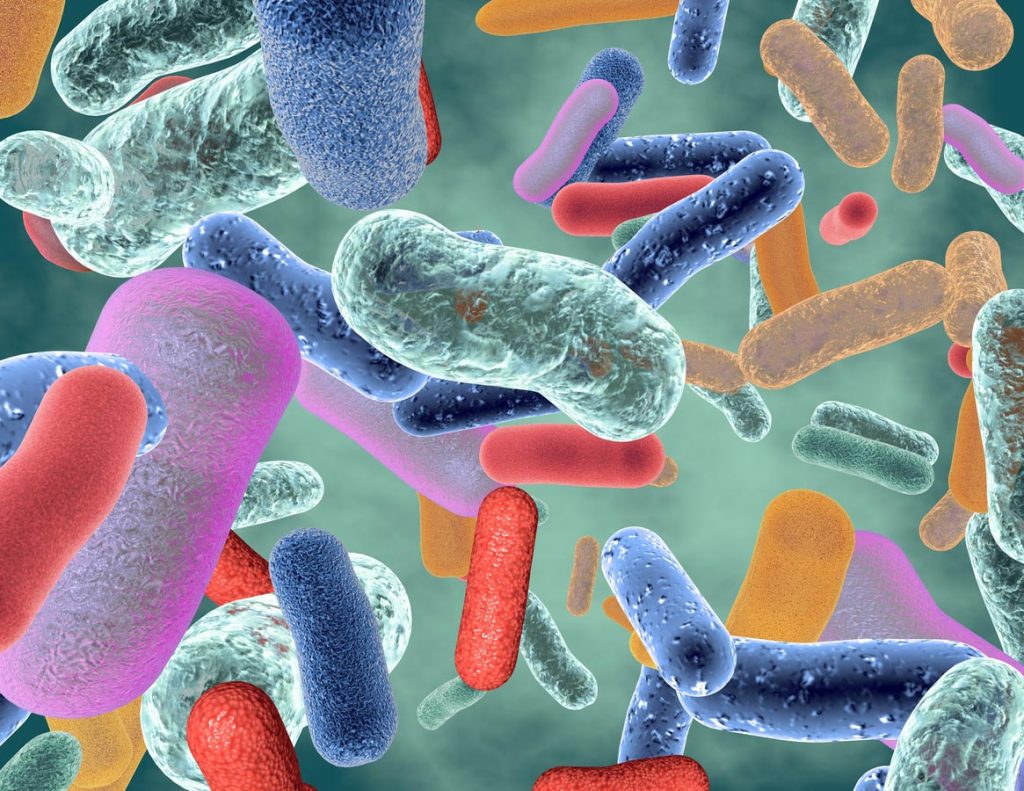Foods like berries, apples and pears rich in flavonoids positively affect blood pressure levels, and the association is linked with the gut microbiome.
New research published in the journal Hypertension, an American Heart Association journal, shows that consumption of flavonoid-rich foods, such as berries, apples, pears, and wine, positively affects human health and blood pressure levels, and the association is partially described by gut microbiome characteristics (Jennings et al., 2021).
“Our gut microbiome plays a key role in metabolizing flavonoids to enhance their cardioprotective effects. This study provides evidence to suggest these blood pressure-lowering effects are achievable with simple changes to the daily diet,” said Aedín Cassidy, Ph.D., study’s lead investigator and also a professor at the Institute for Global Food Security at Queen’s University in Belfast, Northern Ireland study’s lead investigator.
More Read
Flavonoids, Gut-microbiota and CVD
Naturally, the compound flavonoids are found in fruits, vegetables, and plant-origin foods such as tea, coffee, chocolate, and wine.

The compounds are chemically antioxidant and provide a wide range of health protection against harmful acts of free radicals contributing to the development of oxidative stress, osteoarthritis, cancer, diabetes, and cardiovascular diseases (CVD) (Yao et al., 2004).
The protective health benefit of flavonoids is also linked with the modulation of gene function at various stages of the cellular process, reducing the risk of chronic diseases, not limited to cancer, neurodegenerative disorders, and inflammation but also cardiovascular disease.
Gut-microbiota—the bacteria that reside in the digestive tract—break down flavonoid molecules that we consume through foods into smaller ones with increased bioactivity (Edwards et al., 2015).
Gut microbiota varies widely between individuals, and studies show that variable compositions of gut microorganisms exist among people with and without CVD. Previous research also found links between gut microbiota and the incidence of CVD, a leading cause of death worldwide (Witkowski et al., 2020).
With increased new evidence supporting flavonoids may reduce the risk of cardiac disease, this study examined gut-microbiomes role in the process. For the first time, the investigators examined the association between consuming flavonoid-rich foods with microbiome diversity and blood pressure levels.
How could the gut microbiome explain the association between the intake of flavonoid-rich foods and blood pressure? The authors aimed to find the answer to the question in a first-of-its-kind study.
For this study, researchers recruited 904 adults (aged 25-82, men 57%) from Germany’s PopGen biobank. Participants’ food intake, gut microbiome, blood pressure, and other clinical and molecular features were evaluated at regular follow-up examinations.

Self-reported food questionnaire data were used to measure flavonoid consumption in previous years. Flavonoid values were calculated according to USDA data on flavonoid content in food.
The participants’ gut diversity was examined by analyzing bacterial DNA extracted from stool samples. Participants’ lifestyle information, including age, sex, smoking history, BMI, medication use, physical activity, and family history of coronary artery disease, was duly assessed in the investigation.
The analysis found:
- Intake of flavonoid-rich foods, including berries, apples, pears, and red wine, was linked with lower systolic blood pressure levels and greater diversity in their gut microbiome.
- Consumption of 1.6 servings (80gm/serving) was associated with a reduction of systolic blood pressure levels by 4.1 mm Hg, and gut microbiome factors explained about 12% of the association.
- Drinking 2.8 glasses (125 ml/glass) of red wine a week was associated with a reduction of 3.7 mm Hg of systolic blood pressure level, of which the gut microbiome could explain 15%.
“Our findings indicate future trials should look at participants according to metabolic profile to more accurately study the roles of metabolism and the gut microbiome in regulating the effects of flavonoids on blood pressure,” said Professor Cassidy at the Institute for Global Food Security at Queen’s University in Belfast, Northern Ireland.
“A better understanding of the highly individual variability of flavonoid metabolism could explain why some people have greater cardiovascular protection benefits from flavonoid-rich foods than others.”






















